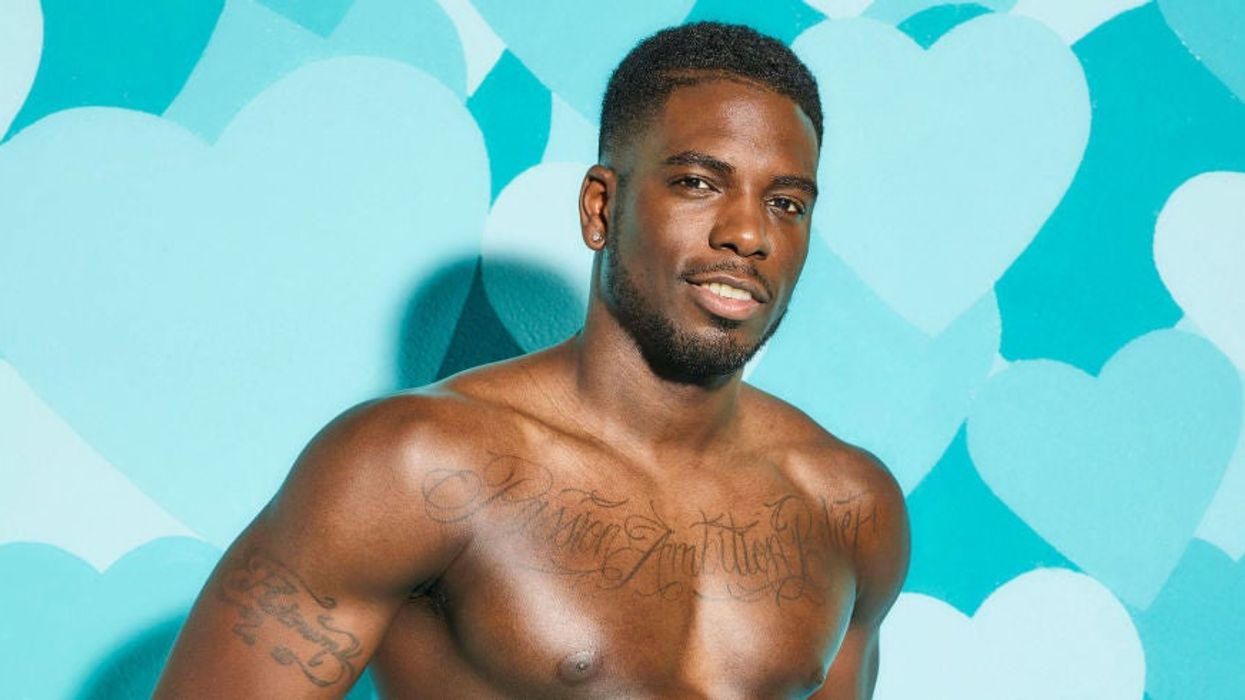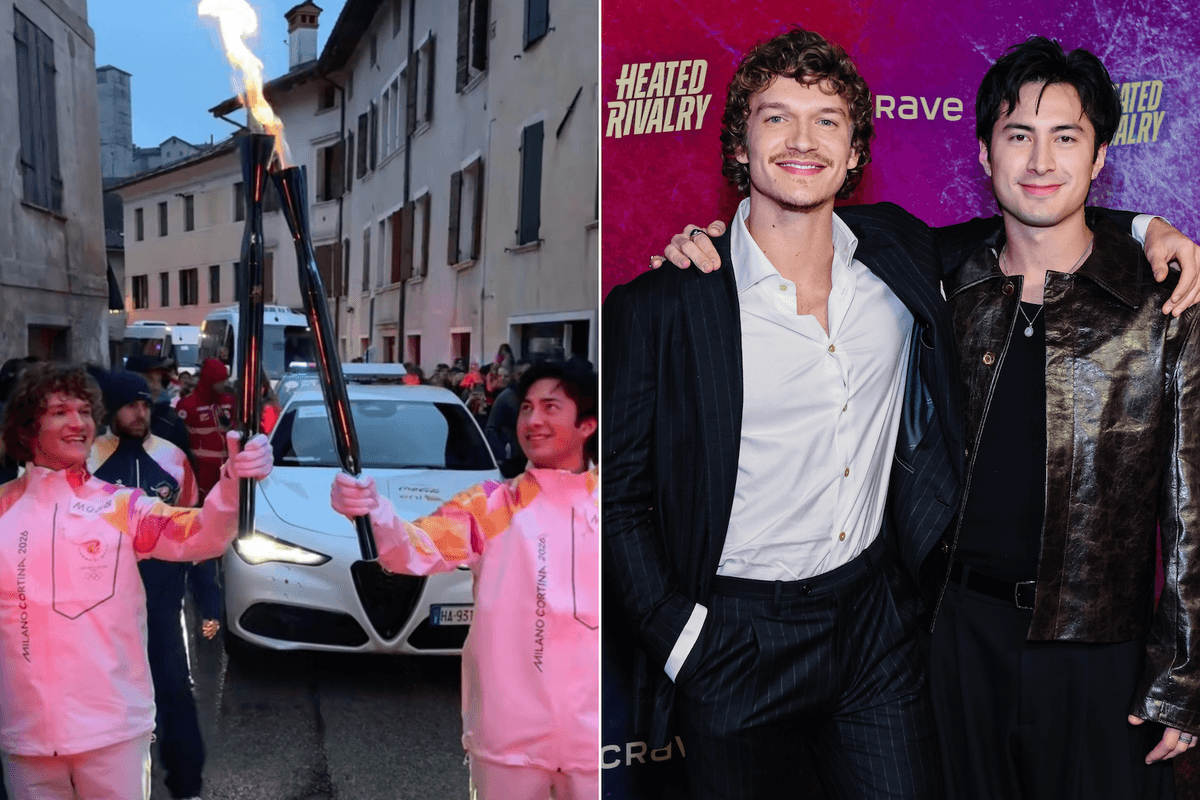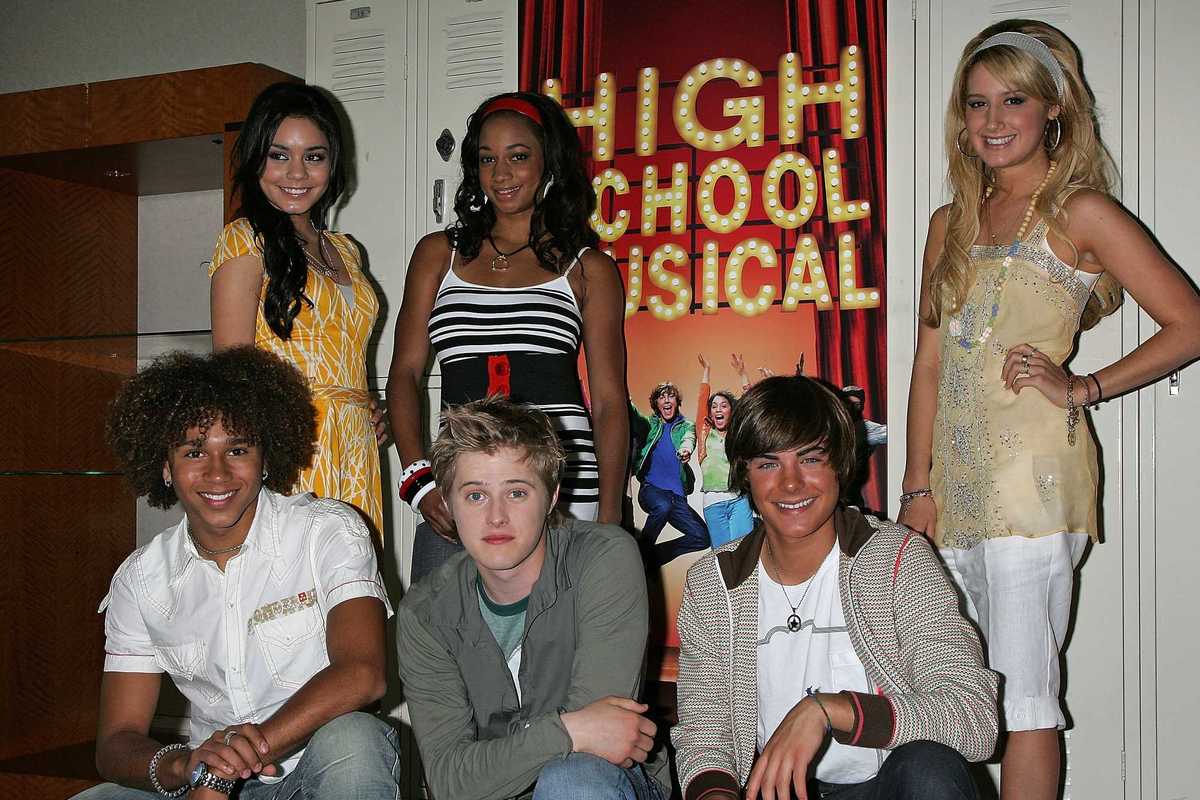News
Louis Staples
Jun 05, 2018
Love Island is one of the most polarising shows on British TV.
Although there may be areas where the show deserves criticism, there are others where ITV can claim to be putting some of the most prestigious institutions in the UK to shame.
Love Island is statistically far more racially diverse than both Oxford and Cambridge universities in terms of black representation, according to newly released figures.
The first episode of this year’s show featured 11 'islanders'. Two of these contestants - Wes Nelson and Samira Mighty - are black. This represents 18 per cent of the contestants so far.
In comparison, Oxford say just 1.9 per cent of students admitted were black in 2017. In 2016, 1.5 per cent of the University of Cambridge's intake was black, and 1.2 per cent at Oxford University, according to the Higher Education Statistics Agency.
In 2016, there were four black islanders, including former Blazin’ Sqaud band member Marcel Somerville and athlete Theo Campbell. This represents 12.5 per cent of the show’s contestants that year.
Love Island - a show with an annual cast of around 30 people - is admitting more black people than some Cambridge colleges.
A recent freedom of information request by the Financial Times revealed that six Cambridge University colleges admitted fewer than ten black British students in five years, fewer per year than Love Island manages.
The most recent UK census showed 14 per cent of the UK population identifies as black or minority ethnic. Data in the university's report showed that, of the students that achieved three "A" grades or higher in their A-levels nationwide, 20 per cent identified as black and minority ethnic. Yet admittance rates to Oxbridge falls far short of these figures.
The underrepresentation of black students can be seen across the UK’s 'elite' universities. The Russell Group is a collection of 24 "research-intensive" universities, often considered to be the most prestigious in the country. They have on average much smaller proportions of black students than other universities - less than 4 per cent compared to 8 per cent.
A study in 2014 indicated that university applications by candidates from a range of minority backgrounds - including black African and Caribbean, Pakistani, Bangladeshi and Indian - were less likely to result in the offer of a place, even once factors such as educational attainment were considered.
Love Island also far outpaces Oxbridge in terms of application numbers. A staggering 80,000 people applied for the 2018 series, compared to 12,000 for Cambridge University.
Twitter is currently divided over its reaction to Love Island's huge application numbers.
Some people think it spells disaster for the UK and that the younger generation are doomed.
Whereas others think it's hardly surprising.
Intelligence may not be a prerequisite for appearing on Love Island, but this year's series features a qualified doctor and last year bomb disposal expert Camilla Thurlow was a fan favourite.
The University of Oxford declined to comment on this story when approached by indy100 and the University of Cambridge has so far not responded to our request for comment.
Top 100
The Conversation (0)














